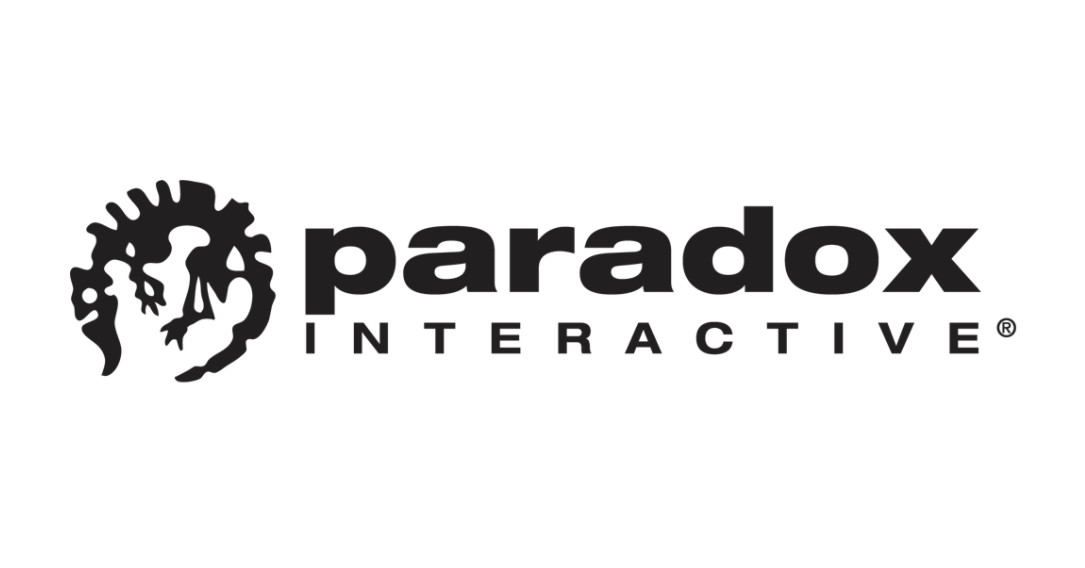
Game developer Paradox Interactive, known best for publishing countless PC strategy games, has signed a collective bargaining agreement with two Swedish unions, Unionen and Saco, with over 200 members combined between the two groups. The new agreement will provide Paradox employees within Sweden with a formal avenue for “influencing their pay, benefits, responsibilities, and more,” and it’s set to be finalized within the quarter.
The agreement is only set to cover all of Paradox’s Swedish employees at the company, including those at Paradox Interactive, Paradox Development Studio, Paradox Arctic, and Paradox Malmö. Paradox employees located elsewhere around the world — including the US — won’t be included, although a company representative told Polygon that Paradox is “very much open to similar agreements with other studios in the States and elsewhere.”
I’m thrilled to be part of announcing that Paradox Interactive will be signing a collective agreement.
We’ve been working towards this for a long time now, and it is so great to see it come to pass.
I hope this will inspire organizing at other companies.https://t.co/pSu9A2s146
— Magne Skjæran (@Meneth_) June 3, 2020
“An organization of our size has different needs, and we must ensure that our employees continue to feel valued and empowered to shape our company, even as our structure shifts towards larger teams and projects,” said Marina Hedman, the chief human resources officer at Paradox, in a press release. “We’re proud, both as a Swedish company and as a member of the games industry, to add our name to the roster of companies who support unionization.”
Paradox marks one of the largest game developers to sign a union agreement, as labor organizing has become an increasingly hot topic over the past few years. Calls for game developer unionization and improved working conditions have grown among both the industry’s indie and corporate communities, especially at larger studios where employees are often forced to work brutal hours with poor benefits to meet release dates and other demands of a now-notorious crunch culture.
Most recently, the Communication Workers of America (CWA) — one of the largest unions in the US — launched a campaign to try to help unionize the game development industry. But there’s still a long way to go before game developers will ever reach the same level of unionization in the US as television or film workers.
